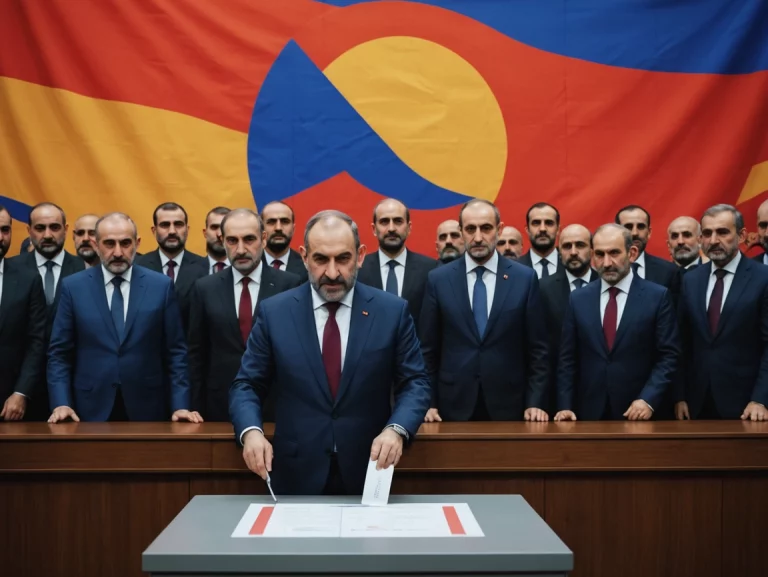Background and Issues
The case of Murthy v. Missouri (formerly Missouri v. Biden) revolves around allegations that federal officials, including U.S. Surgeon General Vivek Murthy, pressured social media platforms to censor content. The plaintiffs, including the states of Missouri and Louisiana, as well as individual social media users, claimed this amounted to government-coerced censorship, infringing on their First Amendment rights. They argued that this conduct effectively transformed private social media companies into state actors engaging in censorship.
Key Questions
The Supreme Court addressed three critical questions:
- Whether the plaintiffs had Article III standing to bring the case.
- Whether the government’s actions violated the First Amendment by coercing social media companies into censoring content.
- The appropriateness of the preliminary injunction issued by the lower courts against the government.
Outcome
On June 26, 2024, the Supreme Court ruled in a 6-3 decision that the plaintiffs lacked Article III standing, thus reversing and remanding the lower court’s decision. The majority opinion held that the plaintiffs failed to demonstrate a direct, concrete injury caused by the government’s actions that would warrant judicial intervention.
Long-term Impact
The ruling has significant implications for the interplay between government and social media companies, particularly regarding content moderation. By denying standing, the Court has set a precedent that may limit future legal challenges against government communications with social media platforms, potentially allowing more latitude for government involvement in combating misinformation. However, this also raises concerns about the balance between curbing misinformation and protecting free speech.
Connections to Political Entities
The plaintiffs included several individuals known for their opposition to COVID-19 lockdowns and mandates, some of whom have connections to conservative circles and platforms like the Gateway Pundit. There are indirect links to America First Legal, a conservative legal organization known for challenging actions by the Biden administration. The broader context of the case, involving allegations of censorship of conservative viewpoints, aligns with concerns often voiced by Republican entities, including those affiliated with former President Donald Trump.
Conclusion
Murthy v. Missouri highlights the ongoing tension between government efforts to manage misinformation and the protection of free speech. The Supreme Court’s decision not only impacts the specific case but also sets a precedent for future interactions between the government and private social media companies in content moderation policies.



